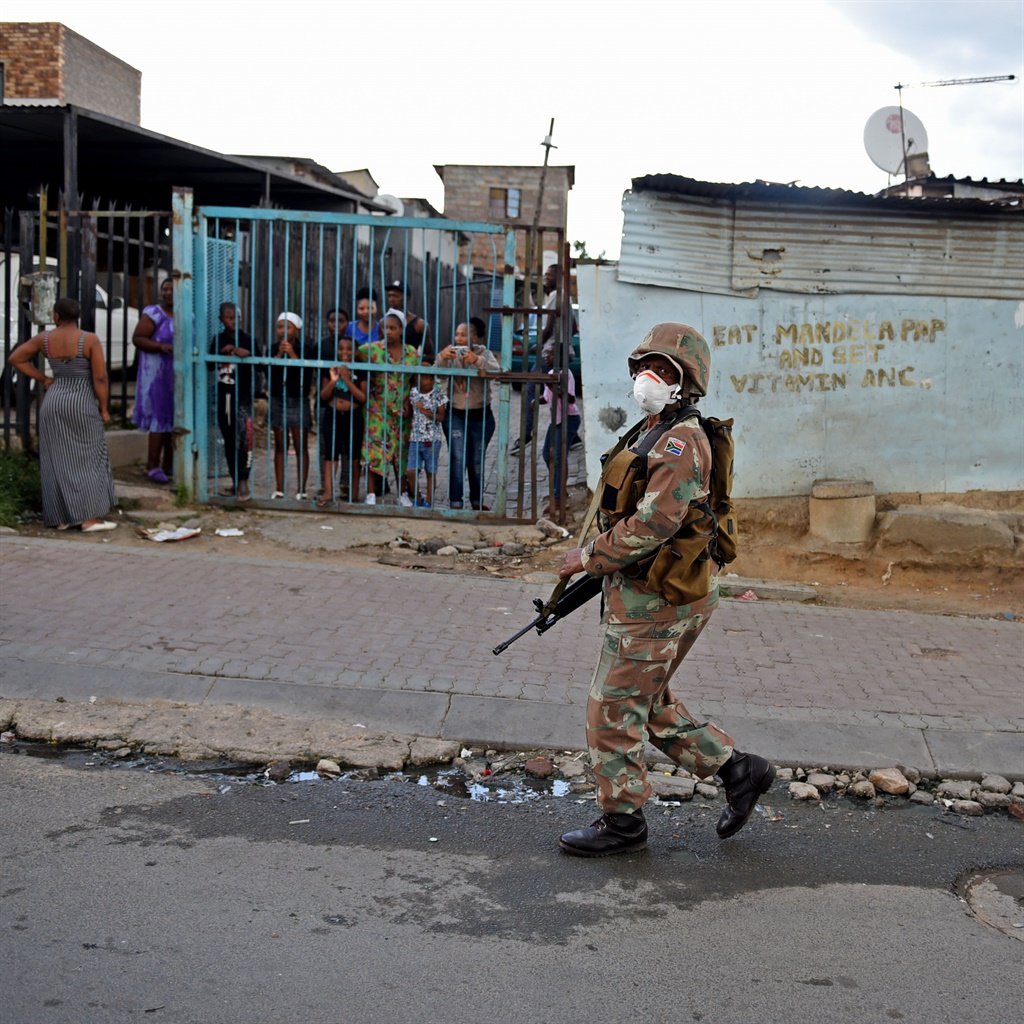
The 2008 global financial meltdown is referred to as the Great Recession, and this year may well be remembered as the Great Separation.
At present, a third of the planet is in lockdown, turning social distancing, which was initially a guideline and a request, into a mandatory rule of law.
So what do you do, now that you have cupboards full of toilet paper, non-perishable groceries and, if you’re lucky, wet wipes and hand sanitisers?
On Friday, I enjoyed a virtual happy hour with a group of friends who occasionally meet for Friday sundowners to kick-start the weekend. We group-Skyped each other at an agreed time, ready with our own drinks and snacks, and raised a glass in cyberspace.
My sister-in-law, on the west coast of America, has an open-ended Zoom meeting running for the extended family. Anyone can pop into the meeting whenever they can or want to, and if she and my brother are home, have a quick and casual chat – or just hang out while cooking. The time difference is actually perfect for the latter.
The open-ended Zoom offering for the family is a social experiment to test new possibilities in the era of social distancing. The urge to connect in a time of crisis is strong.
What warps people’s minds is that, in a time when everyone is scared, anxious and in need of comforting, the human reflex is to reach out, be together face to face and give each other a hug, but the virus prevents that natural, social behaviour, and so we become more anxious and stressed.
Professionally, the universal language of business, the handshake, which is not just a means of greeting but a conclusion of an agreement or deal – an unspoken symbol of trust – has now been flipped into a gesture to be avoided or denied.
This virus has already triggered a seismic shift in human interaction. When we finally get it under control, the world will have evolved into a very different place.
Even before the pandemic started, some concerning social trends were beginning to emerge. Parents of Gen Zs were worried that their teenagers were addicted to their devices and loneliness was becoming a global problem – not only for the elderly but, surprisingly, for Gen Z themselves.
In Japan, the phenomenon of hikikomori had been steadily rising. Hikikomori are reclusive adolescents, or adults, who withdraw from society and seek extreme degrees of isolation and confinement. They are paralysed by profound social fears. The Covid-19 coronavirus has the potential to exacerbate all of these new negative social trends.
Professor Laurie Santos, a psychology professor at Yale University in the US, has highlighted the physical effect of loneliness on your health.
She equates the impact of loneliness on your immune system to smoking 15 cigarettes a day. She says it’s imperative in this time of social distancing to separate the reality of physical isolation from social isolation, especially for the elderly, who would now be vulnerable to both the virus as well as increased loneliness.
Technology has provided us with that loophole. Virtual conferencing tools, usually associated with business, are fast being adapted for social use. Last week, one of our researchers threw a 40th birthday party for her group of friends, who all sat down to a celebratory meal which was not only virtual, but also global.
Conveniently we have also just entered the golden age of streaming, whether it’s binge-watching a series or listening to podcasts. These forms of streamed entertainment are now overlapping with virtual socialising, so people are not only watching movies together, but deejays are also hosting virtual dance parties.
Gen Z is obviously proficient at this type of virtual socialising, and is now teaching their parents the nuances and etiquette of communicating in cyberspace. Teenagers have jokingly referred to themselves as “zoomers” (for the “Z” in Gen Z) for years, but now the name is literal. Zoom has become one of the more popular virtual meeting platforms for millions of people around the world.
There is, however, another, darker side to social distancing. I started self-isolating long before the official lockdown, not because I was panicked about Covid-19 (I tested because I travel a lot, and tested negative), but because I was tired of coming face to face with Sinophobia.
Around the world Asian people (of whatever nationality: Chinese, Japanese, Korean), many of whom are second- or third-generation citizens in their countries, have been sworn at, spat at, accosted or beaten up because people, nonsensically, apportion blame to an entire race for a virus that originated in one country.
The obvious physical distancing, micro-aggressions or blatantly racist comments are visceral and demeaning, but illogical. As the epicentres for contagion and death move from country to country, apportioning blame is not helpful. Showing empathy and humanity is.
Like 9/11, Covid-19 will change the world irrevocably. Let’s ensure that the year of the Great Separation is also forever remembered as the year in which humanity was brought closer together.
- Chang is the founder of Flux Trends. For more trends visit fluxtrends.com
 | ||||||||||||||||||||||||||
Get in touchCity Press | ||||||||||||||||||||||||||
| ||||||||||||||||||||||||||
| Rise above the clutter | Choose your news | City Press in your inbox | ||||||||||||||||||||||||||
| City Press is an agenda-setting South African news brand that publishes across platforms. Its flagship print edition is distributed on a Sunday. |




 Publications
Publications
 Partners
Partners








